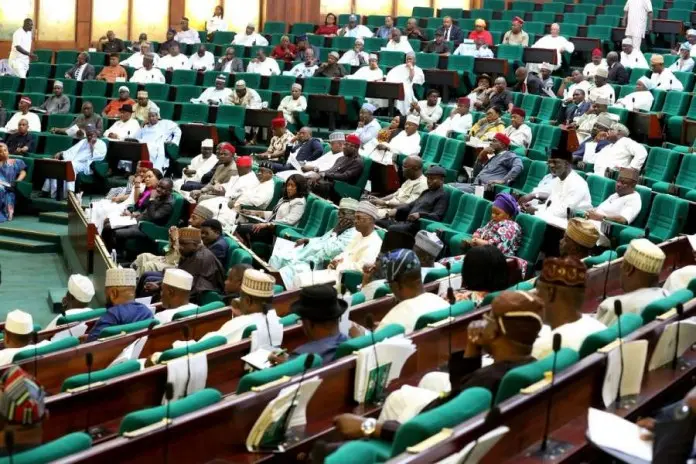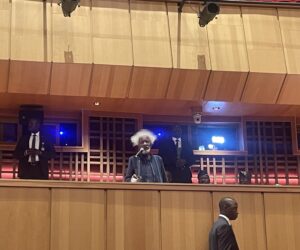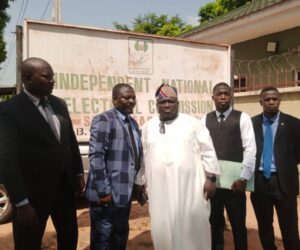The House of Representatives Committee on Petroleum Resources (Downstream) has pledged to initiate legislative interventions toward ensuring the stability of Nigeria’s downstream petroleum sector, and energy security in the country.
The committee also described as “one of the most commendable policy actions in recent times,” the Nigerian Upstream Petroleum Regulatory Commission’s (NUPRC) enforcement of the Domestic Crude Oil Supply Obligation (DCSO) on all producers in Nigeria.
Speaking Monday in Abuja, chairman of the committee, Hon. Ikeagwuonu Ugochinyere at its inaugural Annual Petroleum Downstram Week said the bold move by NUPRC had ensured “that local refineries, including modular and conventional operators have guaranteed access to crude feedstock before export allocations are made.”
He stated that it represents a decisive shift from policy rhetoric to practical support for local value addition, job creation, and energy independence. By ensuring that every barrel of Nigerian crude first serves the Nigerian refinery, the NUPRC has sent a strong signal: Nigeria will refine what it produces and consume what it refines, adding that the committee fully supports the policy.
He noted that despite some of the policy initiatives highly occasioned by enactment of the Petroleum Industry Act (PIA), we still face challenges, from feedstock shortages and pricing uncertainty to regulatory overlaps.
To address these, he said the committee intends to pursue new legislative measures to: grant local refineries first right of refusal on crude allocations, streamline regulations to remove all unnecessary delays, assist the House to Develop a Refinery Protection and Promotion Bill to classify refineries as strategic national assets, ensuring they receive priority protection and support, and introduce measures that guarantee unhindered access to crude feedstock and promote non-disruption of refinery operations across the country.








